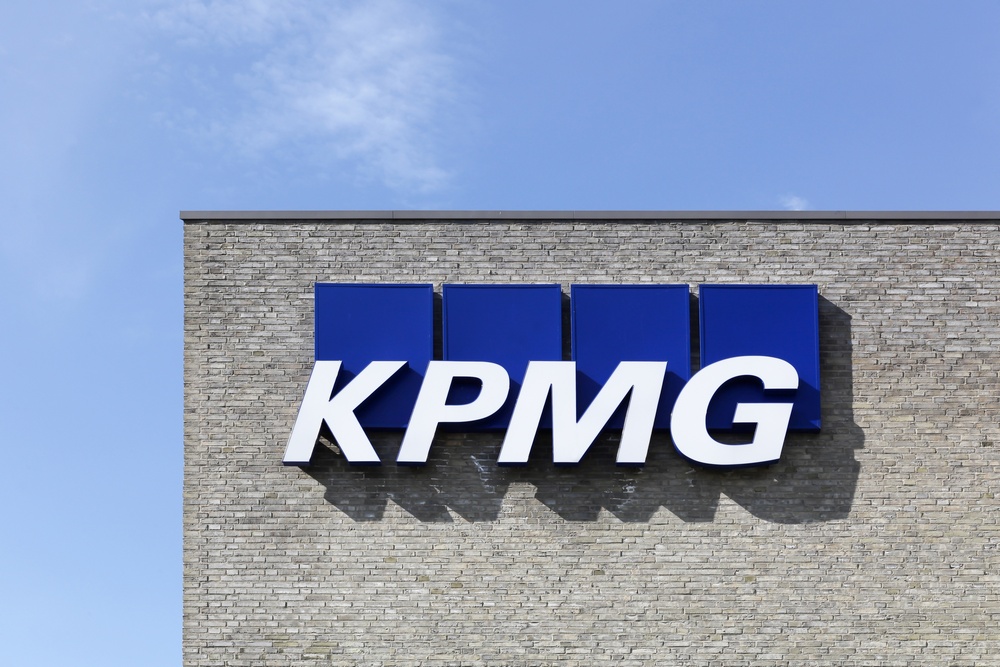KPMG: Renewed signs of stress hit UK economy

High interest rates, continued uncertainty and low productivity could see the UK struggle to keep its head above water in the second half of the year – with GDP growth forecast at 0.4% in 2023 and 0.3% in 2024, according to KPMG’s latest UK Economic Outlook.
While the labour market is gradually returning to balance, household excess savings are broadly used up and the effect of higher interest rates is now feeding through to investment intentions, transaction volumes and corporate insolvencies, with the full impact on households and housing sectors yet to be felt.
Inflation continues to ease, although it remains above the levels in many western economies. The resolution of global supply chain bottlenecks and the fall in wholesale energy prices have supported the easing of price pressures, however, domestic influences – supported by strong pay growth – have kept inflation higher for longer. This could see inflation returning to its 2% target only by the latter part of 2024.
Just as the UK faces its own challenges, the global economy appears to be losing momentum. Trade volumes are falling, and manufacturing is in retreat, causing headwinds for countries like Germany. There are also growing worries over the rising price of oil and a possible slowdown in China, which could act as a drag on global growth.

Yael Selfin
Yael Selfin, chief economist at KPMG UK, commented on the report: “While interest rates have now potentially reached their peak in this cycle, uncertainty remains regarding their future path.
“This coupled with uncertainty around future plans for fiscal policy as the UK heads into an election year, may see businesses choose to further delay investment.”
Public finances remain vulnerable to the fragile economic outlook and tighter financing conditions. The upcoming general election could see new spending pledges to address more immediate demands such as safety concerns around school buildings or authority deficits, with a rise in defence spending also likely.
However, longer-term headwinds remain, including an ageing population, and slowing growth in workforce participation, while the cost of tackling climate change is also expected to be hefty, making the task for any incoming Chancellor difficult.
Ms Selfin concluded: “As the debate is slowly shifting to the Autumn Statement, the Chancellor will be confronted with a cocktail of higher borrowing costs and myriad of spending demands. The temptation will be to address the short-term pressures.
“However, given the state of public finances and the challenges ahead, the UK economy will be better served by focusing on the longer-term challenges, such as tackling climate change and increasing productivity and long-term growth, together with ensuring a more sustainable public spending path.”







